Edith Piaf: Like Cold Oysters
London Review of Books

In David Looseley's take on the iconic French chanteuse Edith Piaf, her notoriously elusive life story is rendered as cultural history, drawing out what Piaf meant - and still means - to France and to her wider audience. Looseley notes that her musical persona was highly and brilliantly constructed. She projected a stage mask of suffering that was all the more affecting because the audience saw there was deprivation behind it. With Piaf, you underwent her.

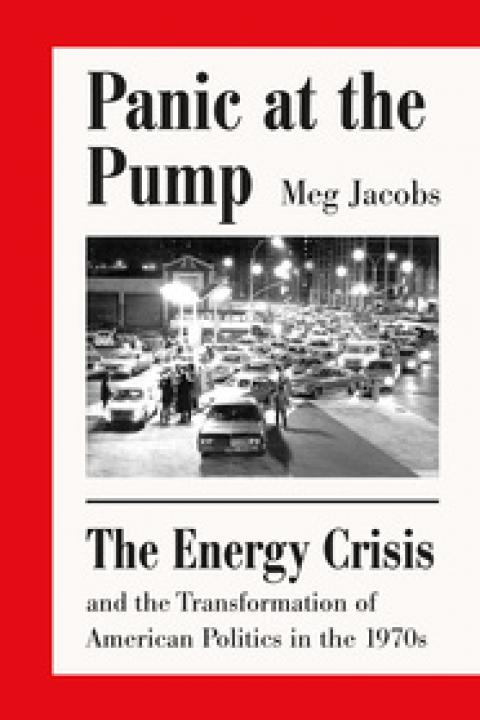
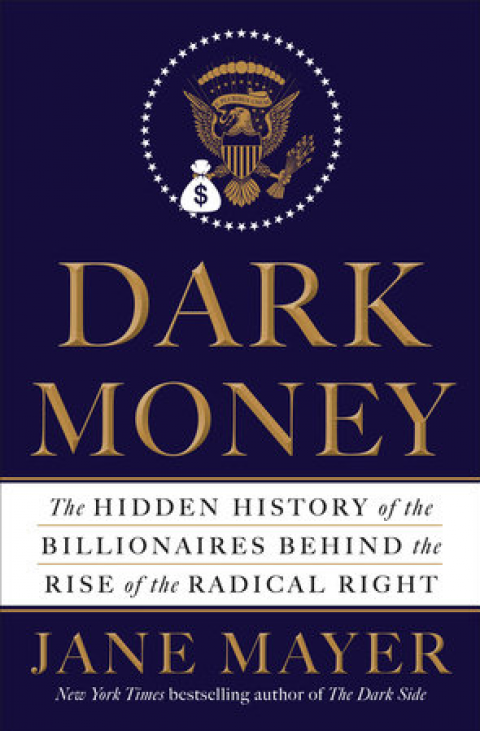

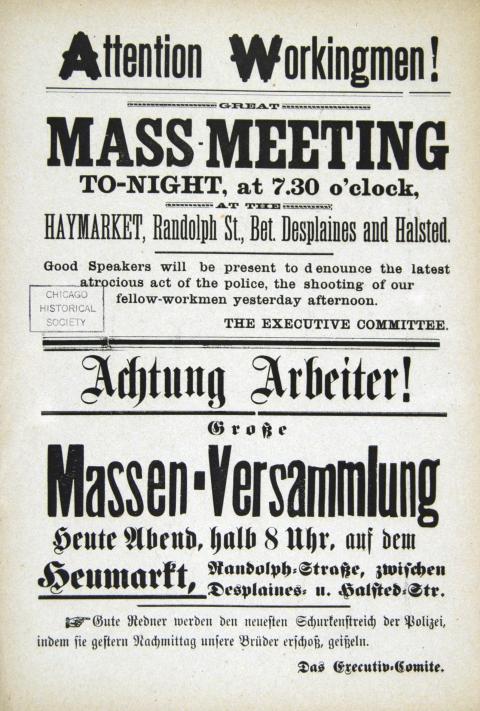

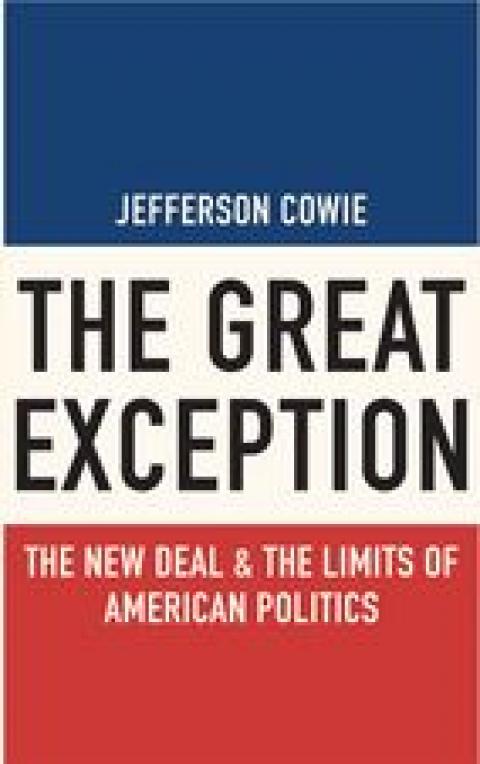
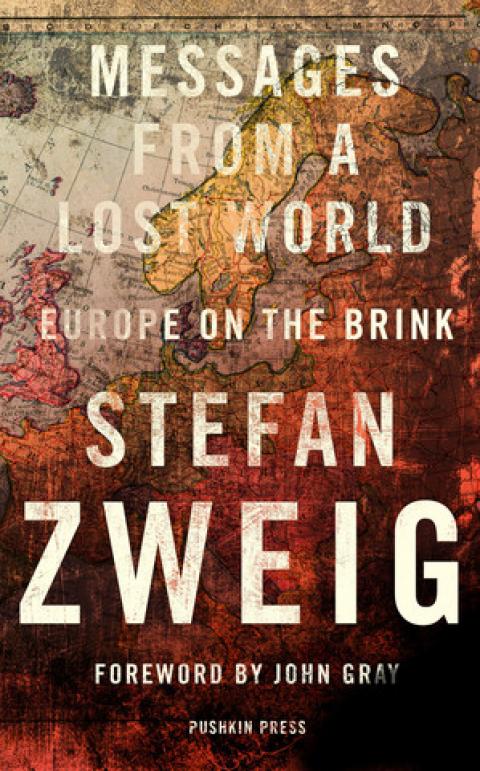

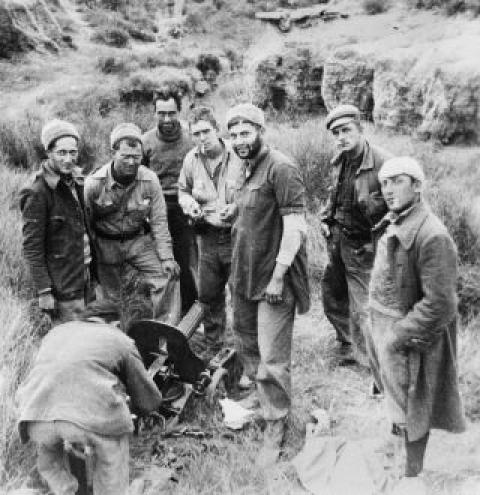
Spread the word